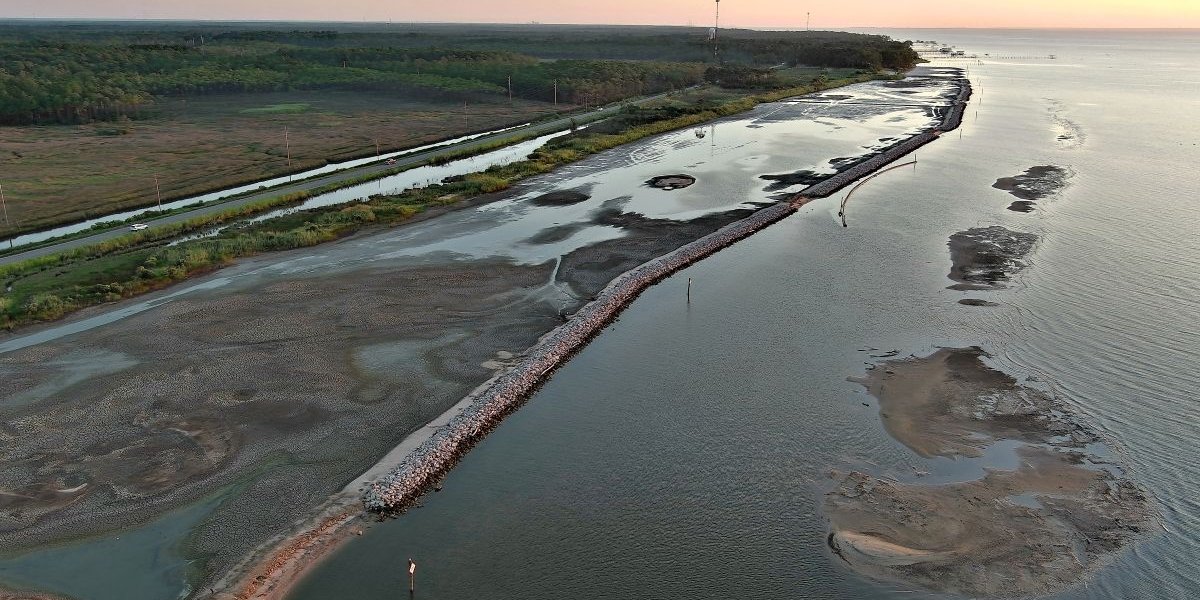Following President Donald Trump’s Alaska Summit and his discussions with Russian President Vladimir Putin, the conversation has shifted towards the ongoing war in Ukraine.
In a recent interview with Fox News host Sean Hannity, Trump outlined several aspects of what a resolution might look like while hinting at a second meeting with Ukrainian President Volodymyr Zelensky in the near future.
Trump reportedly spent the seven-hour flight home engaging in calls with Zelensky and other European leaders, emphasizing the importance of productive follow-up meetings. According to reports, Zelensky plans to visit Washington, D.C. on Monday for a direct meeting with Trump. This development follows Trump’s earlier statement suggesting Zelensky should meet with Putin after the Alaska discussions.
The outcomes from Alaska did not yield any immediate agreements, leaving significant energy-related concerns, particularly with countries like China and India that continue to purchase Russian crude oil. During his meeting with Putin, Trump mentioned considering sanctions on these nations, which have shown consistent participation in the global oil market, often involving unregulated tankers. This ongoing trade supports Putin’s regime financially in its war efforts.
Trump has been vocal about U.S. energy production, indicating that the U.S. could aim for $750 billion in oil products through future agreements, potentially replacing the billions in crude oil that would have otherwise come from Russia.
When questioned by Hannity about the possibility of secondary sanctions affecting India and China, Trump appeared unconcerned, suggesting the issue wasn’t urgent in light of recent events.
In a separate interview on Air Force One during a flight from D.C. to Anchorage, Trump noted that India seems to have curtailed its purchases of Russian oil, implying that Putin may be losing that client. However, some Indian private refineries, which operate under long-term contracts, continue to buy Russian oil, indicating that India still holds some leverage in this market.
As negotiations regarding the Russo-Ukrainian conflict continue over the coming weeks, energy-related issues are likely to remain pertinent. For instance, extensive oil reserves beneath the Arctic Circle present a potential area for collaboration, where Russian companies have honed their skills in harsh environments. Trump suggested that partnerships for oil projects could extend to American companies in the Bering Sea, located near Alaska.
This sort of collaboration isn’t new. Before the invasion, Western companies like ExxonMobil and Chevron were involved in various joint ventures with Russian oil firms globally.
Moreover, Ukraine possesses a wealth of energy resources, including large reserves of lithium, titanium, graphite, uranium, oil, and natural gas—many located in the strategically important Donbas region. These resources could play a crucial role in future negotiations as energy security heavily ties into national security.
The ongoing complexities surrounding energy issues suggest that the Russian-Ukrainian conflict is far from straightforward.






